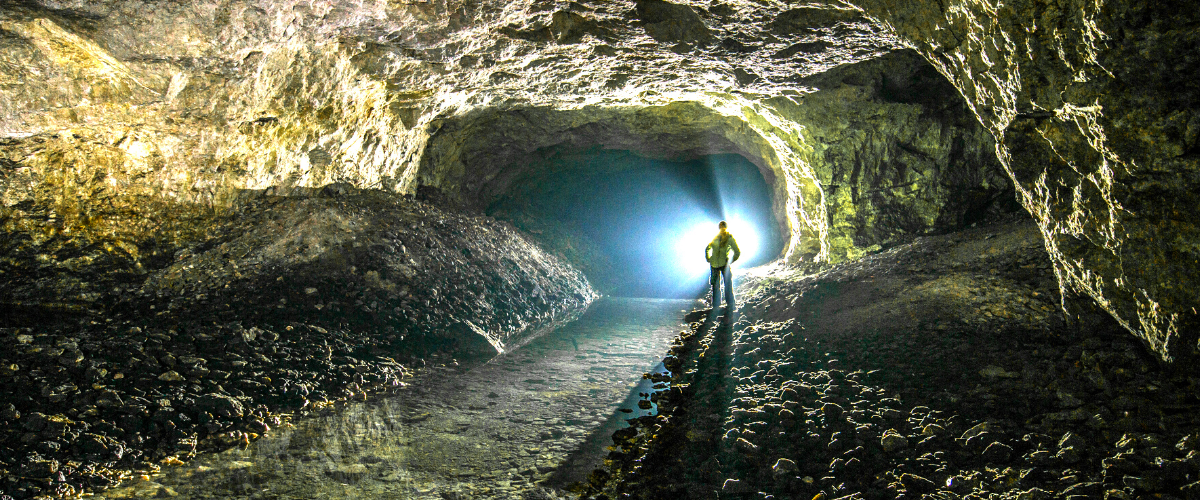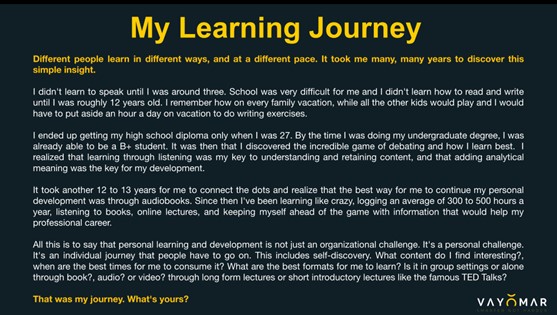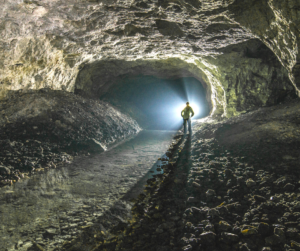
Winter is coming – Strategies that can help you grow even during the budgetary policies of a recession
They’re cutting your budget and telling you that they still expect you to meet your goals. Financial growth without budgetary growth. How does that work?
The purpose of this article is to share with you development strategies that may ultimately bring you to a point in which you look back with a smile, grateful for the original budget cuts (no… we’ve not slipped and hit our heads… have faith!).
Mining your tacit knowledge with peer-to-peer knowledge sharing sessions
When we meet groups of people we’ve been asked to train or lead a workshop for, we commonly start by setting expectations with them. We explain that although we (Vayomar) bring two decades of vast global experience, with countless organisations from a wide range of industries, our knowledge and experience are eclipsed several times over by the collective, cumulative knowledge and experience of the group. If we have 30 people on a call, with an average of 10 years of experience, that means 300 years of collective knowledge and experience!
Now think about the hundreds of people you have working within your organisation. For mid-sized companies (~500 employees), you’re looking at thousands of collective years of knowledge and experience. For large global enterprises (>10,000 employees) you’re looking at hundreds of thousands of collective years of knowledge and experience!

And yet, all of this formal and intuitive knowledge and experience is like raw minerals, locked deep within the walls of a mine, that is your company. When was the last time you sent in some miners, to mine those precious gems?
The good news is, that unlike real mining, this is not a costly and hazardous activity. Quite the contrary. Few things generate such a bonding experience as that of a group of peers, sharing openly and in a truly psychologically safe environment, the stories behind their scars and their trophies.
Periodical, peer-to-peer (P2P) knowledge-sharing sessions (we recommend 2-3 per quarter) will:
- Provide your people with the most relevant and relatable knowledge for dealing with challenges that are highly specific to your organisation’s unique reality (customer types, project types, company culture, d&a, etc).
- Develop/enhance the internal professional network among these peers, likely getting them to support one another on a regular basis, well beyond the boundaries of the P2P knowledge-sharing sessions.
- Provide you with invaluable information about the “field sentiment” and about the key challenges being faced by your people on a regular basis. This is the fuel of continuous improvement and at times, ground-breaking innovation.
- Enable your organisation to retain valuable knowledge even after the people who provided it have left.
Several best practices for highly effective P2P knowledge-sharing programs:
1. Start by surveying the program participants for the key topic areas they wish to learn about from one another.
2. Make the topic for each session highly specific and share a question about it with the participants several days ahead of the session.
3. Share in advance (before each meeting), a very specific question with the participants regarding the topic of the meeting.

4. Keep the sessions small – no more than 12 people per session.
5. Participants must feel comfortable sharing sensitive stories/examples that they have learned from…so:
- Do not record the sessions.
- No executives/direct managers in the sessions.
- Dedicate the start of the first session to creating the group’s agreed upon “Rules of Engagement”.

6. Keep the sessions short, no more than 1.5 hour.
7. Have a professional moderator manage the sessions. Their role is not to teach but rather to facilitate the session. This includes time management, participant engagement, capturing the key insights from the various participants, and spending 5-10 minutes summarising the session and when possible, offering methodological frameworks that many of the insights from the session fall into (this is called “From Intuition to Methodology”).
8. Have a written summary of the key insights from the session sent to the participants within 48 hours of the session. This summary may contain links to formal/professional content for those who wish to deepen their knowledge and understanding of the insights shared by their peers.
♣
There are many experts external to your organization who may help- and that’s great. However, it’s important to remember that even within your organization, there is a hidden valuable treasure within your people’s collective knowledge and experience. It’s time to discover it.
If you liked this article you may find these interesting as well:

Winter is coming – Strategies that can help you grow even during the budgetary policies of a recession
Ariel Halevi | 12 minutes They’re cutting your budget and telling you that they still expect you to meet your goals. Financial growth without budgetary

Four Weaknesses of Executive Leadership Teams (ELT)
Ariel Halevi | 10 minutes Senior executive leadership teams (ELT) operate in all sorts of companies, from hyper- growth startups that have reached “unicorn” status

Dealing with Post-Covid Employment Disorder – A Different Approach to the Current Workforce Crisis
Photo by Parastoo Maleki on Unsplash Ariel Halevi | 5 minutes Over the past year, there’s been a hiring and talent retention crisis. Massive resignations,




